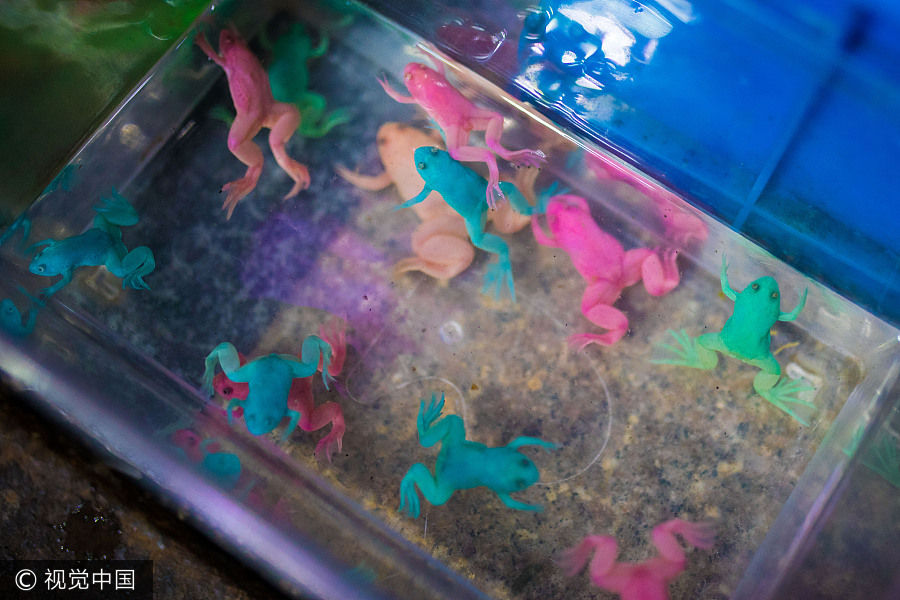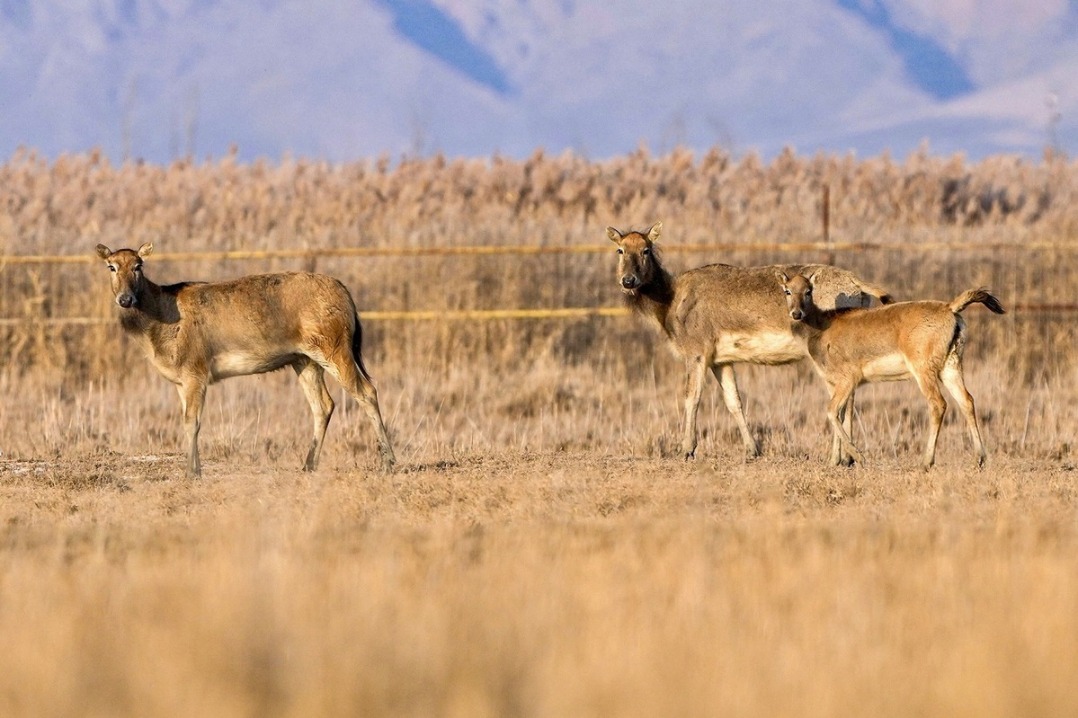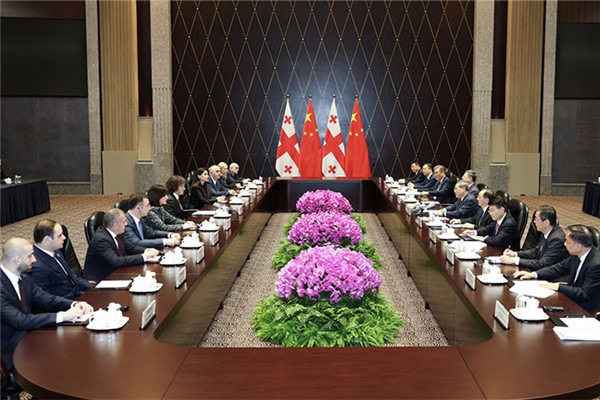'Wildlife - not pets': Experts warn of risks behind exotic pet craze


BEIJING - An increasing number of Chinese pet lovers are turning towards exotic animals including birds, reptiles or even insects other than cats and dogs, partly driven by easier transnational trade and logistics.
Experts however warned that the exotic pet trade presents a grave threat to wildlife conservation as well as potential risks for human health.
On one side, the public is advised not to capture, purchase or keep wildlife as pets to decrease the demand for the trade; on the other, the efforts in battling wildlife poaching and smuggling should be intensified, experts said.
EXOTIC PET BOOM, RISKS
In a recent report focusing on the cruelty and consequences of the booming exotic pet trade, the World Animal Protection (WAP), a United Nations general consultative institution, revealed the cruel practices in the poaching, breeding, transport, trade and even ownership of wild animals.
Exotic pets, unlike domesticated animals, are still wild animals and suffer in captivity, according to the WAP report, "Wild at heart: The cruelty of the exotic pet trade."
Today, these animals are caught up in a multibillion-dollar global industry that has threatened and impacted the conservation of the species, the welfare of the animals and human health, it says.
Currently, the annual value of the wildlife trade stands at $30-$42.8 billion, and up to $20 billion are estimated to be illegal, of which a substantial proportion is in endangered and protected species being traded as pets, according to the latest research.
Over 500 species of birds and 500 species of reptiles are traded across the globe at a high mortality rate.
"At least three quarters of the exotic pets will die within a year in captivity due to the lack of proper living conditions, food, space, temperature or humidity," said Guo Jinghui, project manager of WAP's China office.
On the other hand, the exotic pet trade has led to animal poaching on an industrial scale at the expense of millions of deaths every year, endangering some wildlife species or even causing some to go extinct.
Steve McIvor, CEO of WAP, pointed out that the transnational commercial air transport and global internet connectivity are two big factors that help drive both the desire for and availability of exotic pets.
Sun Quanhui, a science officer with WAP, said there is an increasing risk of highly contagious illnesses being spread as the exotic pet trade continues to grow.
It is estimated that as much as 70 percent of new or emerging infectious diseases are zoonotic in origin, and zoonotic diseases - diseases that can transmit between humans and animals, including Ebola, SARS and avian flu - are responsible for a billion cases of human illness and millions of deaths each year and can have large-scale, lasting and permanent health impacts.
"In effect, an exotic animal may harbor a raft of potentially infective microbes and microparasites making any animal a possible Trojan Horse of infection and infestation," says the WAP report.
- Xizang unboxed: Fresh perspectives
- China's first double-deck cable-stayed suspension bridge opens to traffic over Yangtze
- Southern Ocean releases far more CO2 in winter than previously thought: study
- China-Arab States Forum on Radio and TV opens in Chongqing
- China's Global Mangrove vision takes root in Shenzhen
- Tianwen 1 Mars orbiter captures rare images of interstellar comet 3I/ATLAS




































